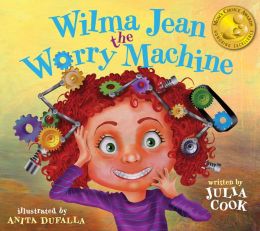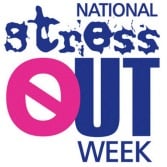Most adopted children in kindergarten and first grade think being adopted is special. They are usually happy to share they are adopted and try out the vocabulary taught to them by their parents. An adopted child usually refers to the "birth mother" and neither as the "real parent." Use of positive adoption language by school personnel is very important (see
adoptivefamilies.com for guidance).
Around age 7, adopted children begin to be able to grasp the fuller meaning of their adoption, including the loss and abandonment issues that may be associated with it. They may spend time fantasizing about their birthparents and wondering what they are like. Common questions include, “Why didn’t you keep me? Why did you give me away?” They may feel that they were placed for adoption because they were not good, pretty, or smart enough to be kept. With mental energy tied up in these concerns, children can find it difficult to pay attention in class and to learn their lessons. Adoptive parents frequently struggle with how to help their child work through her fears and anxieties and counselors need to be prepared to assist and/or refer. At this stage it is helpful for the adoptee to spend time with other adoptees either in group counseling or in an event organized as part of post-adoption services.
Children in elementary school are old enough to decide for themselves whether to tell their classmates about their adoption. They must be taught, however, that once they
tell, they will not be able to "take it back." If parents feel it is important to discuss adoption with the child's teacher, the child should be told exactly what is shared and why. Parents may chose to discuss
adoption status at the first conference of the school year.
Adoption is another way to build permanent families. Approximately 5 million Americans alive today are adoptees, 2-4 percent of all families have adopted, and 2.5 percent of all children under 18 are adopted. If an adopted child needs outside support, try to refer to a therapist with a strong background in adoption.









